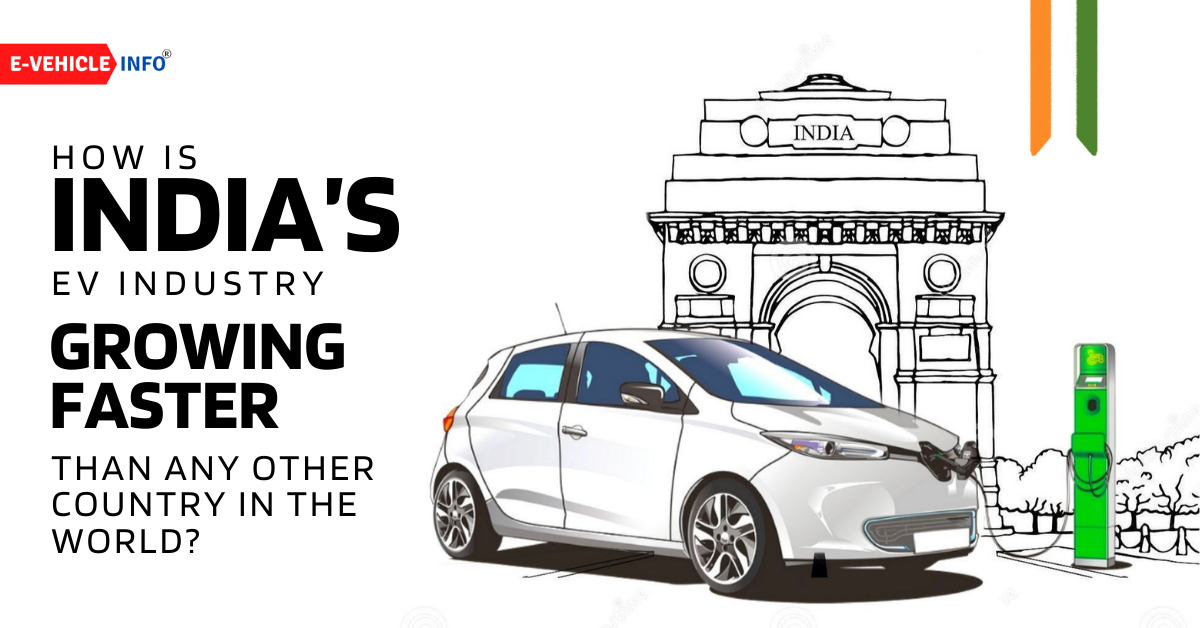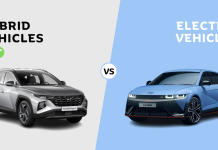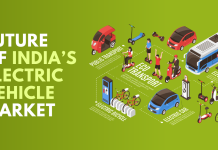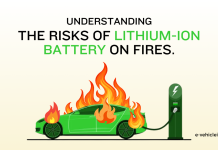Table of Contents
Indian EV Industry Growth
Authored by: Mr Amit Raj Singh CEO & Managing Director, Gemopai
With India witnessing exponential growth on the EV front, there is an urgent need to further step up efforts and take the electric mobility revolution to the next level of growth, expansion, and adoption levels.
The phenomenal take-up of electric vehicles (EVs) in the Indian automobile sector has taken everyone by surprise. In the last couple of years, the country has made significant progress on the adoption of EVs and the best thing is the democratic nature of this adoption across vehicle segments, product categories, and body styles. From Ebikes, E-rickshaws, and Electric cars to Electric LCVs, HCVs, and buses, the demand for EVs has seen a significant uptick among both commercial and private buyers. From just 1.3% of total sales in 2020-21, the category of EVs is likely to grow at 90% CAGR to reach $150Bn by the end of 2030. While many factors contributed to this unprecedented growth of EVs, we list specific measures that are proving particularly relevant in powering the growth story of EVs in the Indian market:
1) Holistic Policy Framework:

India’s policy framework to create a self-sustainable ecosystem for EVs in the country is bearing fruit. Contrary to short-term measures, the government has adopted a long-term approach to spur the adoption of EVs in the country. The Indian government initially offered benefits under the Production-Linked Incentive (PLI) scheme and faster adoption and manufacturing of hybrid and electric vehicles (FMAE-II) though now these subsidies are being gradually withdrawn to help the industry stand on its feet without the crutches of any external support. This withdrawal is crucial to create a self-sustainable ecosystem for EVs in the country and helping participating stakeholders to innovate, grow, and expand their functional capabilities and operational competencies.
2) Growing Sensitivity:
The rising environmental awareness is pushing Indians to consider EVs over conventional vehicles. The world today is facing an abruptly changing environment and the reality of climate change is fast dawning on us. By offering the cleanest mode of transportation, EVs can reduce greenhouse emissions, conserve the environment, and alleviate the dangers of floods, heat waves, and hardships arising from other calamities associated with climate change. The reality of climate change is increasingly recognized by Indian buyers and acts as a strong determinant in pushing the adoption of EVs in the country. No wonder, Research, and Markets predict that the adoption of EVs in India will grow at 44.5% CAGR between 2020 and 2025 on the back of rising customer awareness about climate change and ecological concerns.
3) Evolving Technologies:
EVs of today are a far cry from the electric machines of the past as technology today has made significant progress on every important parameter of consideration. From bigger batteries to efficient motors and high-tech safety to extended range, modern EVs boast futuristic designs, spacious interiors, and powerful performance that is second to none. The ultra-low running and maintenance costs further augment their appeal, thereby helping EVs witness a staggering increase in overall sales in India. Sample this: JMK Research states that 4,55,773 units of EVs were sold in the Indian market in FY2022 alone with the cumulative EV sales in the country breaking through the 1 million mark to reach 10,90,641 units by the end of FY2022. The milestone is indeed impressive and will help the country to further push the adoption of electric mobility among a wider sector of buyers across the spectrum.
4) Foreign Players:
The keen interest of manufacturers from overseas markets is also pushing the growth story of India’s EV sector. Companies with foreign origins are competing with their Indian counterparts to get a slice of the Indian EV market which is opening new avenues of opportunities for EV manufacturers. This healthy competition is also pushing innovations, catalyzing technology, and offering wide choices to prospective buyers, thereby complementing the growth story of EVs in India.
Despite the envious growth in the EV sector, there are a couple of critical challenges that need urgent attention from stakeholders in the electric mobility ecosystem in India. Primary among these issues is the lack of charging infrastructure, high retail prices, insufficient service support, and non-existent recycling facilities for batteries. A timely resolution of all these issues is important to keep the momentum of EV adoption intact and help India to emerge as the bright spot on the global map of electric mobility.
Read More:- How is EV Financing Accelerating EV Adoption in India?







